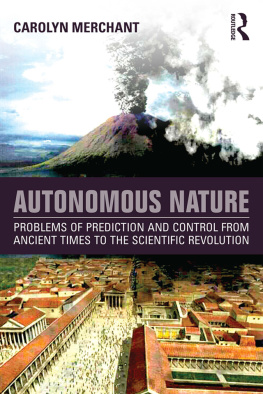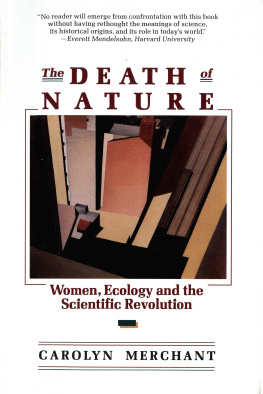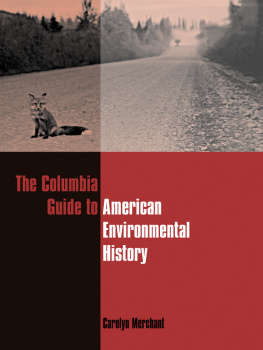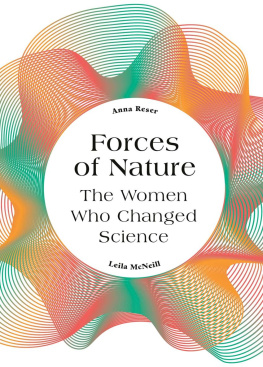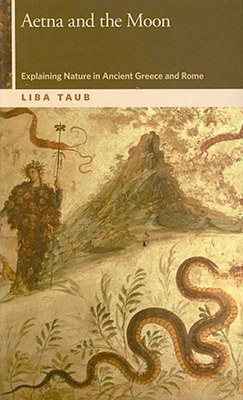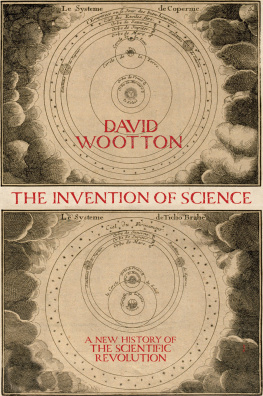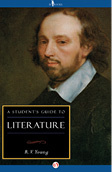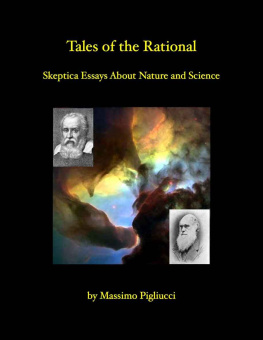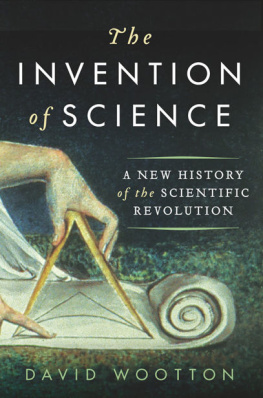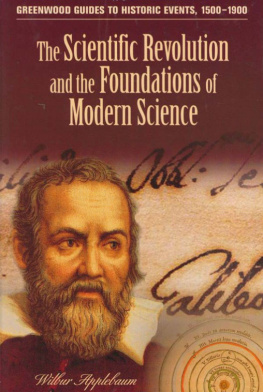Autonomous Nature
In this ambitious history of ideas, Carolyn Merchant calls attention to the ancient idea of nature as unpredictable, rebellious, and impossible to understand and control completely. She urges us to recover that older idea for the foundation of a new ecological ethic. Wide-ranging, original, and provocative.
Donald Worster, author of Natures Economy:
A History of Ecological Ideas
Merchant has written a key history of ideas for evaluating two of the big questions today: how did we get into this mess, and how can we get out of it. Western thinkers, who gave us the scientific method, also fell short of the truer, fuller view of reality, dynamical and chaotic. It is against this richer backdrop that we can grasp todays emerging complexity paradigm, and find hope and insight for restoring our planets beautifully rambunctious gardens.
Jennifer Wells, California Institute of Integral Studies,
author of Complexity and Sustainability
Autonomous Nature investigates the history of nature as an active, often unruly force in tension with nature as a rational, logical order from ancient times to the Scientific Revolution of the seventeenth century. Along with subsequent advances in mechanics, hydrodynamics, thermodynamics, and electromagnetism, nature came to be perceived as an orderly, rational, physical world that could be engineered, controlled, and managed. Autonomous Nature focuses on the history of unpredictability, why it was a problem for the ancient world through the Scientific Revolution, and why it is a problem for today. The work is set in the context of vignettes about unpredictable events such as the eruption of Mt. Vesuvius, the Bubonic Plague, the Lisbon Earthquake, and efforts to understand and predict the weather and natural disasters. This book is an ideal text for courses on the environment, environmental history, history of science, or the philosophy of science.
Carolyn Merchant is Professor of Environmental History, Philosophy, and Ethics at the University of California, Berkeley. She is the author of The Death of Nature; Ecological Revolutions; and Reinventing Eden among other books. She is a past president of the American Society for Environmental History and a recipient of the Societys Distinguished Scholar Award.
Related Titles from Routledge
Reinventing Eden: The Fate of Nature in Western Culture, Second Edition
Carolyn Merchant
Off the Grid: Re-Assembling Domestic Life
Phillip Vannini and Jonathan Taggart
Sacred Ecology, Third Edition
Fikret Berkes
Autonomous Nature
Problems of Prediction and Control from Ancient Times to the Scientific Revolution
Carolyn Merchant
First published 2016
by Routledge
711 Third Avenue, New York, NY 10017
and by Routledge
2 Park Square, Milton Park, Abingdon, Oxon, OX14 4RN
Routledge is an imprint of the Taylor & Francis Group, an informa business
2016 Taylor & Francis
The right of Carolyn Merchant to be identified as author of this work has been asserted by her in accordance with sections 77 and 78 of the Copyright, Designs and Patents Act 1988.
All rights reserved. No part of this book may be reprinted or reproduced or utilised in any form or by any electronic, mechanical, or other means, now known or hereafter invented, including photocopying and recording, or in any information storage or retrieval system, without permission in writing from the publishers.
Trademark notice : Product or corporate names may be trademarks or registered trademarks, and are used only for identification and explanation without intent to infringe.
Library of Congress Cataloging-in-Publication Data
Merchant, Carolyn.
Autonomous nature: problems of prediction and control from ancient
times to the scientific revolution / by Carolyn Merchant.
pages cm
Includes bibliographical references and index.
1. Philosophy of nature. 2. Chaotic behavior in systems.
3. Complexity (Philosophy) 4. NatureForecasting. 5. Nature
Effect of human beings on. I. Title.
BD581.M395 2015
113dc23
2015012689
ISBN: 978-1-138-93099-5 (hbk)
ISBN: 978-1-138-93100-8 (pbk)
ISBN: 978-1-315-68000-2 (ebk)
Typeset in Minion
by Apex CoVantage, LLC
For David and John
Contents
PART I
Autonomous Nature |
PART II
Controlling Nature |
Autonomous Nature stems from a desire to understand the roots of the idea of nature as an active, sometimes disruptive and unruly entity in the past and present. Manifested most dramatically in the effects of climate change, natural disasters, habitat transformations, species dislocations, and the loss of human homes and lives, such disruptions result from ecological tipping points and cascading effects that are often unpredictable and uncontrollable.
This book is intended for those with a background in the humanities, social sciences, and the sciences and for an educated audience interested in the past, present, and future of humanity and life on earth. It proposes that the new sciences of chaos and complexity theory not only constitute a new paradigm for twenty-first century science, but are the basis for a new ethic of partnership with a nature that must be considered as autonomous and often unpredictable. To understand how humanity has arrived at this new paradigm and environmental ethic, this book investigates the early history of nature in Western culture.
Autonomous Nature explores the idea of nature in the Western world from ancient times to the (so-named) Scientific Revolution of the seventeenth century as an active, chaotic, unruly, and unpredictable actor/actress and the ways in which natural scientists and philosophers sought to control and manage it for human benefit. It looks at the tensions between order and chaos, stability and change, predictability and unpredictability. It delves into well-known texts of the past, looking, in particular, for what they said about disruption, disorder, and disaster and how to deal with the uncertainties of nature, both philosophically and in the everyday world. In so doing, it reframes and reinterprets many well-known works, focusing especially on ancient and early modern European culture.
The book draws on familiar authors and events, but its goal is to reread them in ways that shed new light on twenty-first century problems, in particular the often unanticipated effects of natural disasters and climate change. Using the new sciences of the late twentieth century, as guidelines and lenses, it looks at the history of the unruliness and unpredictability of nature in the early texts of Western culture. It does not intend to cover all individuals or events equally or to deal with non-Western cultures, but rather to select those texts that shed light on the prehistory of chaos and complexity theory. And while many histories of science presuppose progress, order, and the emergence of new ideas, this book looks at ideas of disorder and the ways that natural philosophers sought to subdue it.
Since the early 1990s I have been writing about nature as an autonomous actor and humanity in partnership with nonhuman nature. At the Earth Summit in Rio de Janeiro in 1992, I formulated what I call a partnership ethic which holds that the greatest good for the human and the nonhuman community is to be found in their mutual living interdependence. (See Conclusion: Partnership Ethics, in my 1996 book, Earthcare .)

